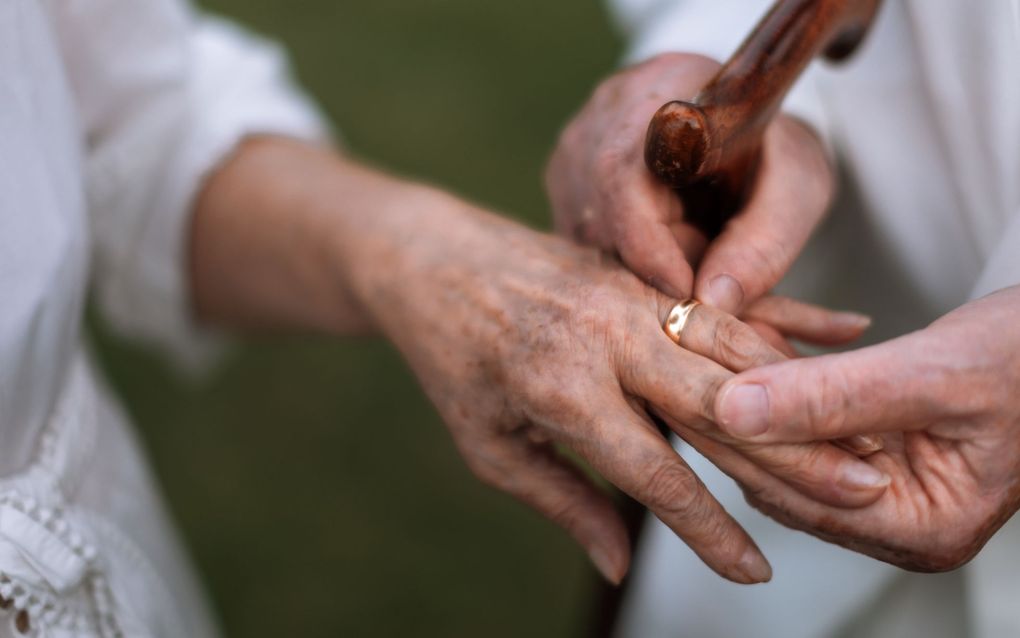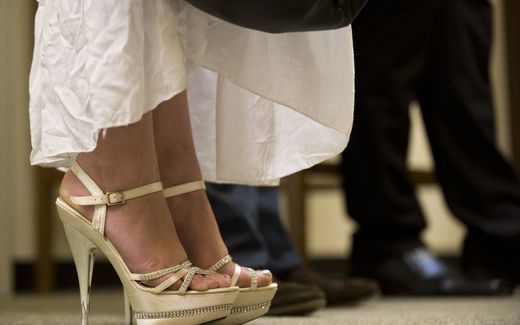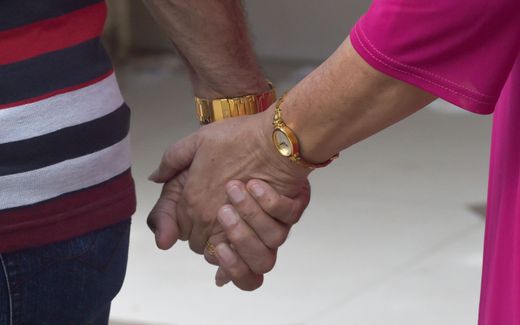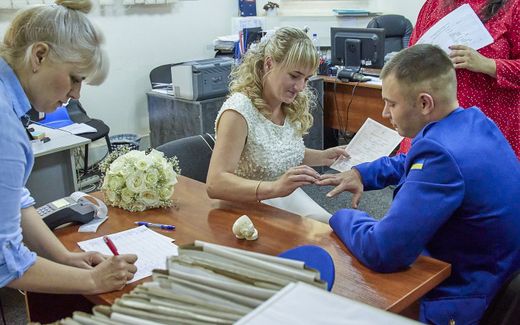Divorce rate spikes among older couples

Photo iStock
Central Europe
More older couples are filing for divorce throughout the US and Europe. Some have been married for decades.
According to a report from NZZ, the phenomenon has been infamously named “the grey divorce revolution,” where couples in their 50s, 60s or above choosing to separate after decades of marriage.
In Switzerland, the rate of divorce continues to climb among Boomers and Generation Xers. Urs Manser, a divorce lawyer based in the Swiss town of Lucerne, says that an increasing number of his clients are at retirement age.
“And it is often the – often more vital – women in particular who suffer from the fact that 'nothing works anymore' in everyday life. For example, a client who is very fond of hiking showed me a photo of her husband dozing in the armchair in front of the television,” he said.
Spike
Pasqualina Perrig-Chiello, Professor Emeritus of Psychology at the University of Bern, says that a higher life expectancy has contributed to the spike in divorces after retirement.
“Til death do us part' can mean more than sixty years for couples who get married today in their thirties,” says the scientist. That makes marriage a big challenge. And if you're sixty today and have been married for decades, you often still have a quarter of a century ahead of you,” he said.
Perrig-Chiello also said that today’s senior citizens are highly educated and are more financially mobile than in previous generations. These two factors can lead to more couples parting for good.
Rose-coloured glasses
According to a recent research study conducted by the University of Bern, marriages can have their highs and lows. For the first two years of marriage, many often view various problems through “rose-coloured glasses.” As the couple continues to share more of their life together, the more likely friction can result. Relationships tend to hit a low point after ten years, but they often get better after that point. Overall satisfaction can decrease again after the twenty-year mark, but the lull is often temporary before rebounding again.

The study also uncovered other variables at play. The mid-life crisis can further complicate a stormy marriage. Those who reached their forties tended to speak negatively about their relationship. After age 65, relationships are more likely to become “settled”. When it comes to gender, women tend to be more “uncompromising” in the relationship. In the study, at least two-thirds of the divorce requests were initiated by women over the age of 65. Despite these findings, they do not tell the full story regarding the increase in retirement-age divorces.
Amicable divorces
Late divorces have also been seen within the UK, according to a report from LancsLive. Blackpool, England became the third highest city for separation and divorce. While Norwich and Hastings also took the lead. However, today’s divorces are likely to be more amicable than in years past, according to Philip Barnsley, who is head of the family department at a law firm in England. He also says that more people are cutting ties later because of getting married at an older age.

“In the vast majority of cases, people who are getting divorced in their 50s or 60s are able to take a more considered and reasoned approach to their marriage ending compared to people in their 30s who may be a little more impulsive. The introduction of no-fault divorce last year has also been hugely important in creating an amicable and collaborative approach to divorce,” he said.
Despite the rise in older couples divorcing, some spouses continue to keep the fire in their marriage. NZZ also reported from the university study that at least 59 percent do remain “relatively happy” in their marriage compared to 41 percent of those who do not. Professor of Psychology, Janina Bühler from the University of Mainz, says that couples who “invest in their relationship” are less likely to break ties. Couples who also conduct life events jointly such as children and real estate can have a “connecting effect” but can later lead to being “crutches” in salvaging a dying relationship.
Related Articles








